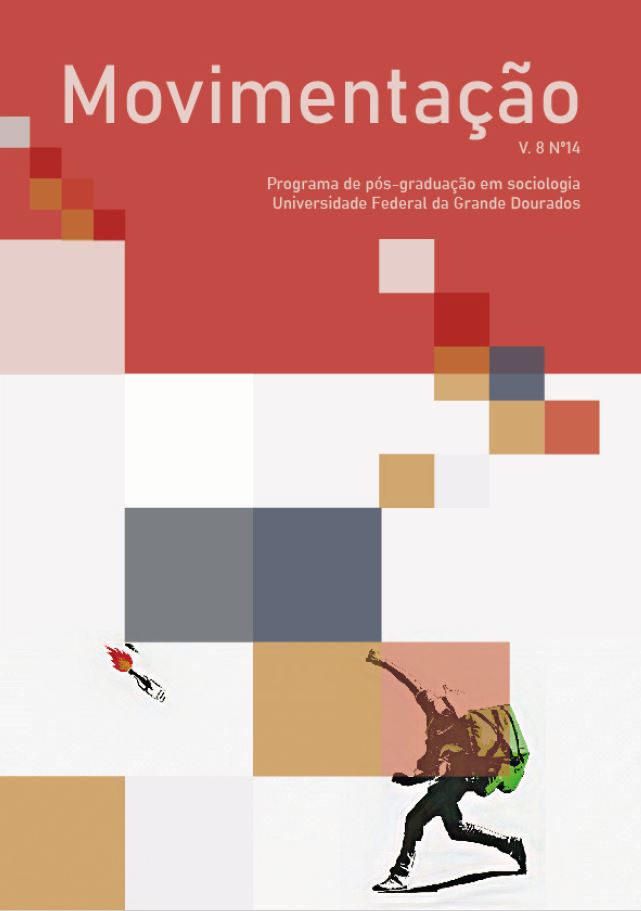Emotional labor dynamics as precursors to mundane violence in a Philippine city jail
DOI:
https://doi.org/10.30612/mvt.v8i14.15019Resumen
This paper analyzes narratives on emotional labor among officers working in an overpopulated and undermanned city jail in the Philippines. Taking off from Hochschild (1983) and Crawley (2004) as theoretical departure points and using Sikolohiyang Pilipino as an approach in deploying institutional ethnography, I forward three arguments that enrich the understanding of emotion management dynamics in the carceral setting. First, emotional labor in the city jail is largely based on rank. Rank is a fixed navigation point where officers need to be in their “rightful place” (lugar) in interacting with and expressing emotions to others. Second, leadership regimes in forms of sistema (substandard yet acceptable ways of doing things) or kalakaran (corrupted sistema) also dictate emotion regimes among officers in the facility. And third, narratives of professionalism dominate accounts that normalize, reify, moralize, and even prize emotional laboring. In contrast to existing literature, data suggest that emotion management can be endowing, as it clarifies expectations and harmonizes relationships. Officers, in addition, claim that they are willing to endure emotional labor as it helps them to be more dutiful as a public servant. In fact, officers value emotional labor with a nationalist tone. With strong appreciation for emotional management in the narratives, I end with critical reflections and forwarded interrogations on the danger of moralizing emotional labor and recommend further investigation of its aspects that could lead to mundane violence.Descargas
Los datos de descargas todavía no están disponibles.
Descargas
Publicado
2021-08-02
Cómo citar
Nario-Lopez, H. G. (2021). Emotional labor dynamics as precursors to mundane violence in a Philippine city jail. MovimentAção, 8(14), 65–93. https://doi.org/10.30612/mvt.v8i14.15019
Número
Sección
Dossiê: As fronteiras do trabalho em tempos de crise
Licencia
Os autores devem aceitar as normas de publicação ao submeterem a revista, bem como, concordam com os seguintes termos:
(a) O Conselho Editorial se reserva ao direito de efetuar, nos originais, alterações da Língua portuguesa para se manter o padrão culto da língua, respeitando, porém, o estilo dos autores.
(b) Autores mantém os direitos autorais e concedem à revista o direito de primeira publicação, com o trabalho simultaneamente licenciado sob a Atribuição-NãoComercial-CompartilhaIgual 3.0 Brasil (CC BY-NC-SA 3.0 BR) que permite: Compartilhar — copiar e redistribuir o material em qualquer suporte ou formato e Adaptar — remixar, transformar, e criar a partir do material. A CC BY-NC-SA 3.0 BR considera os termos seguintes:
- Atribuição — Você deve dar o crédito apropriado, prover um link para a licença e indicar se mudanças foram feitas. Você deve fazê-lo em qualquer circunstância razoável, mas de nenhuma maneira que sugira que o licenciante apoia você ou o seu uso.
- NãoComercial — Você não pode usar o material para fins comerciais.
- CompartilhaIgual — Se você remixar, transformar, ou criar a partir do material, tem de distribuir as suas contribuições sob a mesma licença que o original.
- Sem restrições adicionais — Você não pode aplicar termos jurídicos ou medidas de caráter tecnológico que restrinjam legalmente outros de fazerem algo que a licença permita.
(c) Após a publicação, os autores têm permissão e são estimulados a publicar e distribuir seu trabalho online – em repositórios institucionais, página pessoal, rede social ou demais sites de divulgação científica, desde que a publicação não tenha fins comerciais.



